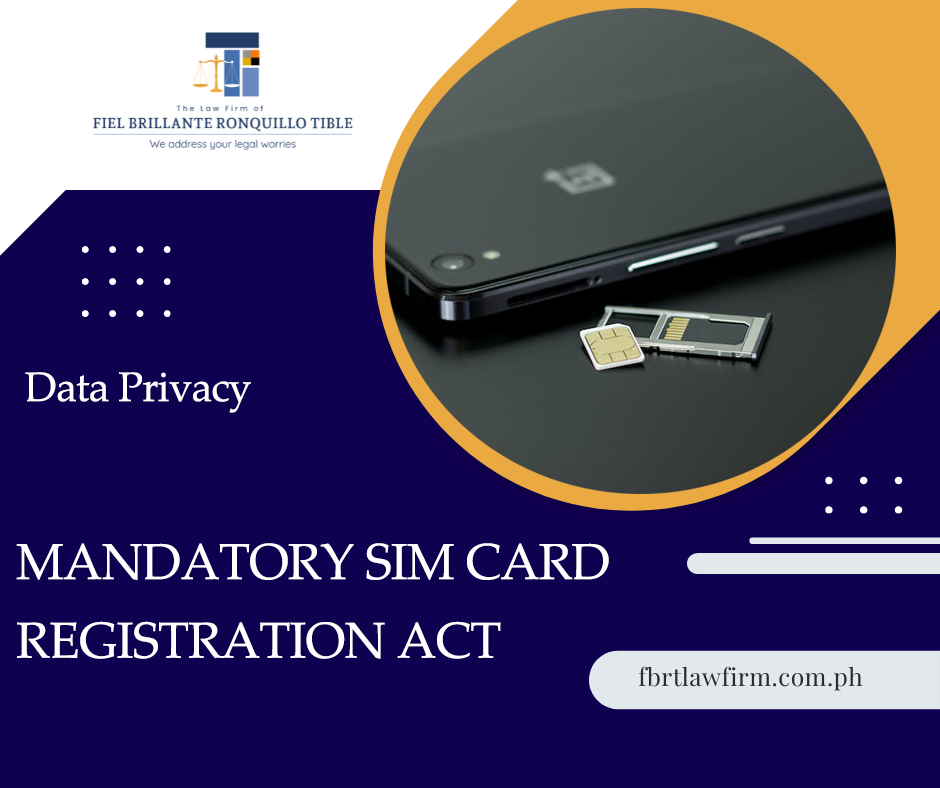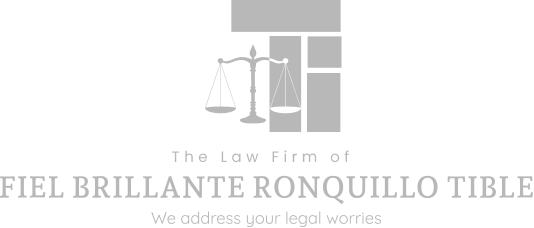On 03 February 2020, the Department of Health (DOH) released Department Memorandum No. 2020-0068 specifying for the Interim Guidelines on Contact Tracing for Confirmed 2019-Novel Coronavirus Acute Respiratory Disease (2019-nCoV ARD) Cases.
Under the said Memorandum, Contact Tracing is defined as follows:
1. Contact tracing – the identification and follow-up of persons who may have come into contact with an infected person. Contact tracing plays an important role in containing outbreaks of infectious diseases. The main purposes of contact tracing are to: (1) confirm diagnosis, (2) determine the extent of secondary transmission, and (3) identify appropriate control measures for the specific disease.
Contact tracing is one of the major strategies to contain the spread of the Corona Virus Disease – 2019 (COVID-19) in the country considering that there is an increasing number of reported cases which were by-products of human-to-human transmission.
In support of the foregoing and as provided for under National Privacy Commission PHE Bulletin No. 07 (Official Statement of the National Privacy Commission on Calls for Patients to Waive Privacy Rights, Publicly Disclose Health Status), Republic Act No. 11332 (An Act Providing Policies and Prescribing Procedures on Surveillance and Response to Notifiable Diseases, Epidemics, and Health Events of Public Health Concern) mandates patients, PUIs, and PUMs to be fully transparent and truthful to the DOH, our hospitals, and other pertinent public authority on the personal data (travel and medical history, etc.) requested from them.
Notably, on 13 April 2020, the Inter-Agency Task Force (IATF) on Emerging and Infectious Disease announced the mandatory disclosure of personal information relating to COVID-19 patients in order to effectively enhance and expedite contact tracing efforts. According to IATF Spokesman and Cabinet Secretary Karlo Nograles, patients will only disclose their personal information to DOH which will serve as the repository of their personal data.
However, despite the benefit that can be derived by the community from the mandatory public disclosure of pertinent information as to COVID-19 cases, there poses a threat on the preservation and confidentiality of a patient’s medical records.
Upon examination of the Code of Ethics of the Medical Profession and the Health Privacy Code Specifying the Joint A.O. No. 2016-0002 (Privacy Guidelines for the Implementation of the Philippine Health Information Exchange), the confidentiality of an individual’s medical data is not absolute. The confidentiality of a patient’s medical records may be disregarded in the following cases:
- When required by law, ordinance, or administrative order in the promotion of justice, safety, and public health (Sec. 3, Art. III of Code of Ethics of the Medical Profession);
- In case of emergency, where time is of the essence, disclosure may be made even without court order (Par. 1.3, Rule III of Health Privacy Code Specifying the Joint A.O. No. 2016-0002);
- When the public health and safety so demand; or
- When the patient waives this right.
Further, the Implementing Rules and Regulations of the Data Privacy Act of 2012 provides for instances when personal information may be processed:
- Personal information that will be processed for research purpose, intended for a public benefit, subject to the requirements of applicable laws, regulations, or ethical standards (Sec. 5, Rule II);
- The processing of personal information is necessary to respond to national emergency or to comply with the requirements of public order and safety, as prescribed by law (Sec. 21, Rule V); and
- The processing is necessary for the purpose of medical treatment: Provided, that it is carried out by a medical practitioner or a medical treatment institution, and an adequate level of protection of personal data is ensured (Sec. 22, Rule V).
The situation brought about by the COVID-19 outbreak prompted President Rodrigo R. Duterte to declare a State of Public Health Emergency throughout the Philippines as proclaimed under Proclamation No. 922 dated 08 March 2020. Moreover, the disclosure of a patient medical records would undoubtedly protect and promote public health and safety for the information to be collected would be used to control and contain the proliferation of the disease in a particular cluster and ultimately in the country. Identification and the subsequent isolation of suspected, probable, and confirmed patients would halt the propagation of the infectious pathogen.
A balance must be stricken between the confidentiality of a patient’s medical records and the mandatory disclosure to enhance contact tracing efforts during this pandemic. As quoted from the Joint Statement of the Integrated Bar of the Philippines, Philippine Medical Association, and the Philippine College of Surgeons, “The present pandemic requires proactive and decisive steps that must be based on facts, science, and the law, not on politics, posturing, or partiality.”
For further queries on this matter or other legal concerns, you may contact us from Mondays to Fridays, 9:00 AM to 6:00 PM, through our email: solutions@fbrtlawfirm.com.ph, and our website at https://fbrtlawfirm.com.ph/.
Related Reads:
- FBRT is ready to assist you in your Data Privacy Compliance Journey
- DTI and DOLE Supplemental Guidelines on Workplace Prevention and Control of Covid-19
- “Donate to Deduct” (BIR Regulation No. 09-2020






